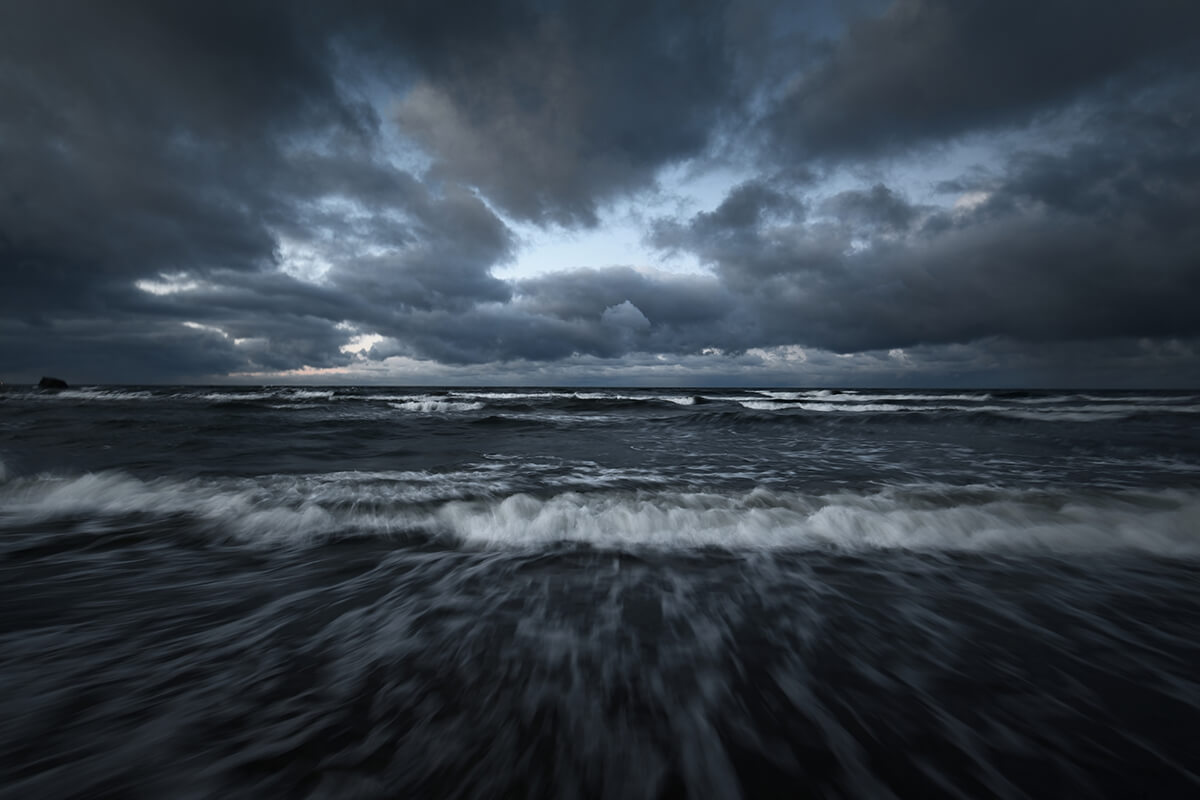The Ultimate House Viewing Checklist for Buyers
06 Jan
Please wait...
25 Apr

Meteorologists in Barbuda and Antigua have issued hazardous sea ahead warnings for several islands in the Eastern Caribbean. In Anguilla and the British Virgin Islands, a high surf warning is also in effect. "These swells are expected to cause life-threatening surfs and rip currents for affected coastlines," the advisory said.
According to weather.gov, "Hazardous Seas Warning: A warning for wave heights and/or wave steepness values meeting or exceeding locally defined warning criteria."
Causes for Hazardous Seas
Natural processes cause coastal hazards when shoreline recession threatens residents on the coast. The leading causes of coastal hazards are storm surges, erosion, sea-level rise, and inlet migration. The coastline change alone is not a hazard until your valuables are threatened.
What to Do During Hazardous Seas Warnings
Stay Out of the Ocean: Even if you are a good swimmer, stay out of the ocean when there is a hazardous sea warning. Rip currents occur during hazardous seas, creating powerful channels of water that flow quickly away from the shore of the beach.
Stay Away from the Beach: If you're thinking about visiting the beach during a hazardous sea warning, it's best that you don't. Most of the time, beaches are closed. Large waves make a break and could knock you down and cause serious injuries. Rip currents are also present during hazardous seas. If you get caught in a rip current, it can be life-threatening. The safest thing you can do is wait until the seas return to normal.
Secure Property: Hazardous seas are fairly well forecasted. If hazardous seas have been declared in your location, you should secure small crafts and vessels. If you live on a waterfront property sandbagging your house can be useful in case of coastal flooding.
Staying Safe
Securing your home and avoiding beaches and the ocean when hazardous seas are near you is important. If you find yourself at the beach and in the ocean during hazardous seas, the best thing you can do is not to fight the current. Then, just allow your body to float, wave, and shout for help.
CITED: www.ttweathercenter.com, www.weather.gov, www.maine.gov